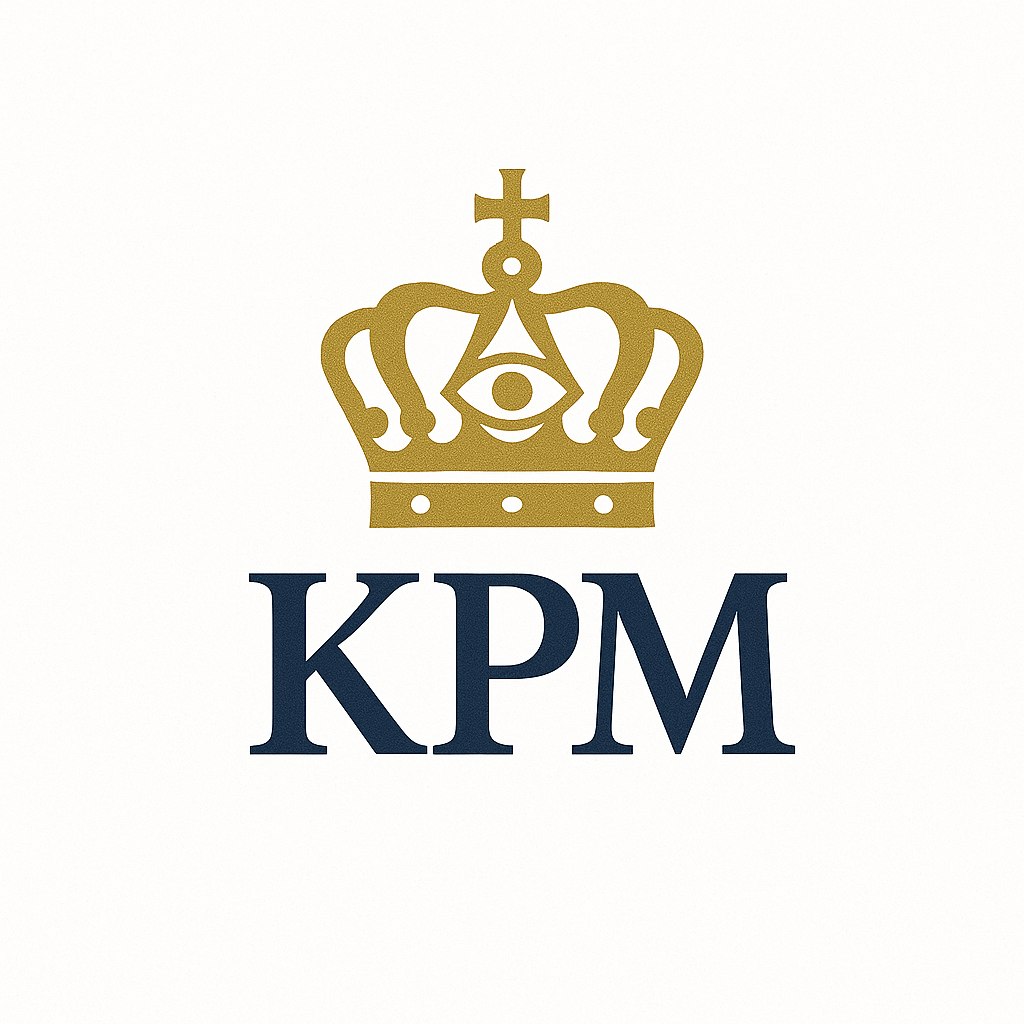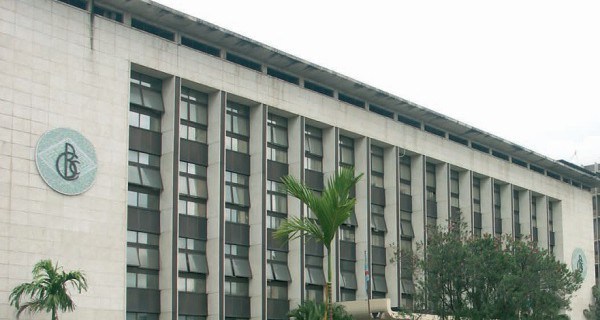Education finance emerges as stable South African asset
RMB Corvest’s Fundi acquisition expands exposure to South Africa’s ZAR 450bn education finance market; FSR.JO tracks sector earnings while USDZAR=X pressures input costs—loan growth, NPLs below 6%, and margins will test resilience by 2026.

RMB Corvest’s acquisition of a stake in Fundi Capital underscores a recalibration in South African private equity toward durable, socially anchored cash flows amid a slow-growth, high-rate macro cycle. Executed alongside Thuto Fund 1 and retaining the founding Kitshoff family and the Public Investment Corporation as co-shareholders, the deal replaces passive investors with long-horizon capital. Although valuation and leverage details remain undisclosed, the transaction structure is likely equity-heavy or hybrid, consistent with a monetary environment where double-digit prime rates and wide credit spreads raise the cost of debt-financed buyouts.
Fundi Capital operates at the intersection of education access and retail credit, offering tuition, accommodation, and device financing to students across South Africa. The company has disbursed over two million student loans, positioning it within a counter-cyclical sector that continues to expand even as broader household credit weakens. With real GDP growth projected at about 1.3% in 2025 and unemployment above 32%, the macro backdrop remains fragile.
Yet education lending shows delayed default sensitivity compared with consumer credit, as repayment capacity depends on graduate employment trajectories rather than immediate household liquidity. This lag structure provides more predictable asset performance when underwriting is linked to employer payroll deductions or bursary-to-loan transitions.
The investment’s strategic rationale lies in three interlocking channels. First, capital-structure resilience: higher interest rates compress leveraged returns, incentivizing equity-driven transactions and flexible capital structures that avoid refinancing risk. Second, origination efficiency: Fundi’s partnerships with tertiary institutions, employers, and public-sector payroll systems lower borrower acquisition costs and enhance credit scoring accuracy. Third, macro alignment: education finance benefits from policy support and consistent demand, partially insulated from cyclical consumption shocks. The combination provides RMB Corvest with stable, inflation-linked revenue potential within South Africa’s ZAR 450 billion education economy.
The macro-financial context enhances the case for this diversification. South Africa’s yield curve remains steep, with 10-year government bond yields hovering near 11% and core inflation at 5.3%. The policy rate at 8.25% (prime ~11.75%) limits credit expansion, forcing financial intermediaries to prioritize higher-quality, capital-efficient lending models. Fundi’s structure offers precisely that: a secured niche with low correlation to industrial cycles and a relatively stable borrower base tied to the education sector.
For RMB Corvest, a subsidiary of FirstRand Group, the acquisition also extends its footprint into inclusive finance and impact-driven investing while hedging parts of its exposure to cyclical corporate lending. The group’s listed entity FSR.JO remains a liquid proxy for South Africa’s financial sector earnings, while USDZAR=X captures imported cost pressures relevant to device and accommodation financing.
Execution risk, however, remains material. Persistently high youth unemployment could elevate non-performing loans once grace periods expire, particularly if job placement lags graduation cycles. Regulatory volatility surrounding tuition caps or state-backed student grants could alter borrower incentives. A weaker rand could further erode margins by raising the cost of imported devices. Governance will determine how effectively these risks are contained: robust minority protections, independent audit oversight, and measurable performance covenants will be essential to maintain operational discipline and preserve investor alignment across economic cycles.
Regionally, the deal mirrors a broader private-capital shift across Sub-Saharan Africa, where education finance has emerged as an investable impact asset class. In 2024, education-focused transactions in Africa grew by nearly 20%, supported by digital distribution, demographic expansion, and growing investor preference for socially productive assets with stable long-term returns.
For institutional investors, the Fundi acquisition signals a strategic rotation from cyclical consumer exposure toward essential-service lending that combines stable yield with measurable developmental outcomes—a shift consistent with the global move toward sustainability-linked private equity portfolios.
The success of the transaction will be quantifiable over the next 18–24 months. Key indicators include loan-book growth exceeding nominal GDP by two percentage points, non-performing loans contained below 6%, and stable net interest margins despite elevated funding costs. Additional metrics—graduate employment within one year, payroll-linked repayment penetration, and term-funding spreads versus bank benchmarks—will determine whether Fundi’s model can scale sustainably.
If these metrics hold, the investment will validate education finance as a lower-beta, scalable asset within South African private equity, offering a defensible balance between return and social impact.





